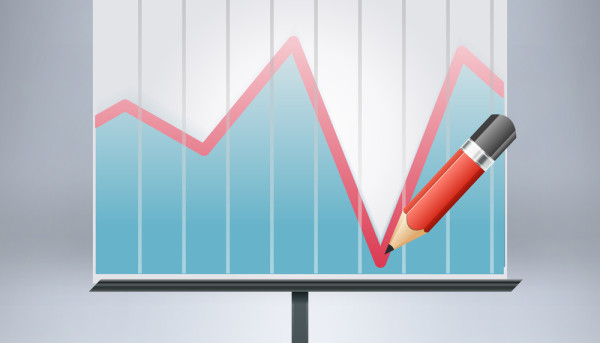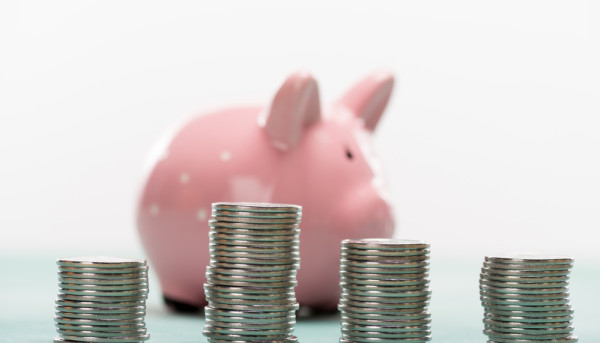Building an Emergency Fund - How Much and How Fast?
Maintaining an emergency fund can help protect you against sudden expenses that arise unexpectedly. Aim to save enough to cover three to six months of living costs.
Consider opportunities to boost your savings, such as receiving a tax refund or other large cash infusion. Selling items you no longer use - like clothes and electronics - for extra money may also help.
1. Set a Goal
Establishing an emergency fund should be a top priority; it allows you to plan for unexpected expenses without incurring credit card debt or taking out personal loans. But knowing exactly how much and when to save for such an account can be daunting.
Experts advise saving three to six months worth of expenses as an initial goal. While this amount might seem intimidating at first, it can be done.
Saving faster can be achieved by cutting unnecessary spending and exploring side income options such as freelancing, pet-sitting or selling items online. Windfalls like tax refunds or cash back from credit cards should also go directly towards emergency savings.
Establishing clear and attainable savings goals will make reaching them much simpler. Start with setting an attainable target such as one month's expenses as your starting point and expand from there.
2. Cut Back on Unnecessary Expenses
Establishing an emergency fund is one of the best ways to protect yourself against financial crises, but building up savings may take time.
Saving enough to cover three to six months' of basic expenses is generally recommended as this provides a buffer against unexpected costs like an auto deductible or job loss.
Cutting unnecessary spending is key to increasing savings quickly. Even saving small amounts weekly can add up quickly!
Make an automatic transfer from each paycheck into your emergency fund, to stay on track with your savings goal and prevent lifestyle creep as your income rises. Furthermore, consider setting aside part of any windfalls like tax refunds, gifts or credit card rewards into this emergency fund as soon as they come. Additionally, look for high-yield savings accounts so your money grows even faster!
3. Start Small
Emergency funds provide essential insurance against unexpected expenses like the repair of a blown transmission or job loss, making life much simpler when they occur. Financial experts typically recommend saving 3 to 6 months worth of expenses in an emergency fund as this method is far less stressful (and cost effective) than using credit cards or payday loans to cover unexpected costs.
Set up an automatic transfer from your paycheck into an emergency fund savings or money market account so you won't be tempted to use the funds for anything other than an emergency fund.
Consider taking advantage of your tax refund to quickly save for an emergency by having it deposited directly into an emergency fund or changing your W-4 to have less withheld from each paycheck - both will help speed up savings accumulation.
4. Make It a Habit
An emergency fund is an effective way to avoid debt and weather financial setbacks. But creating one takes time - but making saving a part of your routine can make the process simpler.
An effective savings goal should be three to six months' expenses saved up. While your exact requirements will depend on factors like lifestyle, bills and more, finding that perfect amount will ensure financial security in the future.
Once you've identified a goal, begin tracking your spending with a budgeting app or spreadsheet and starting saving regularly - either online savings accounts, high yield savings accounts from credit unions and banks or pre-paid cards with built-in protection against overspending are great ways to save a bit each week and over time, add up to substantial sums!










